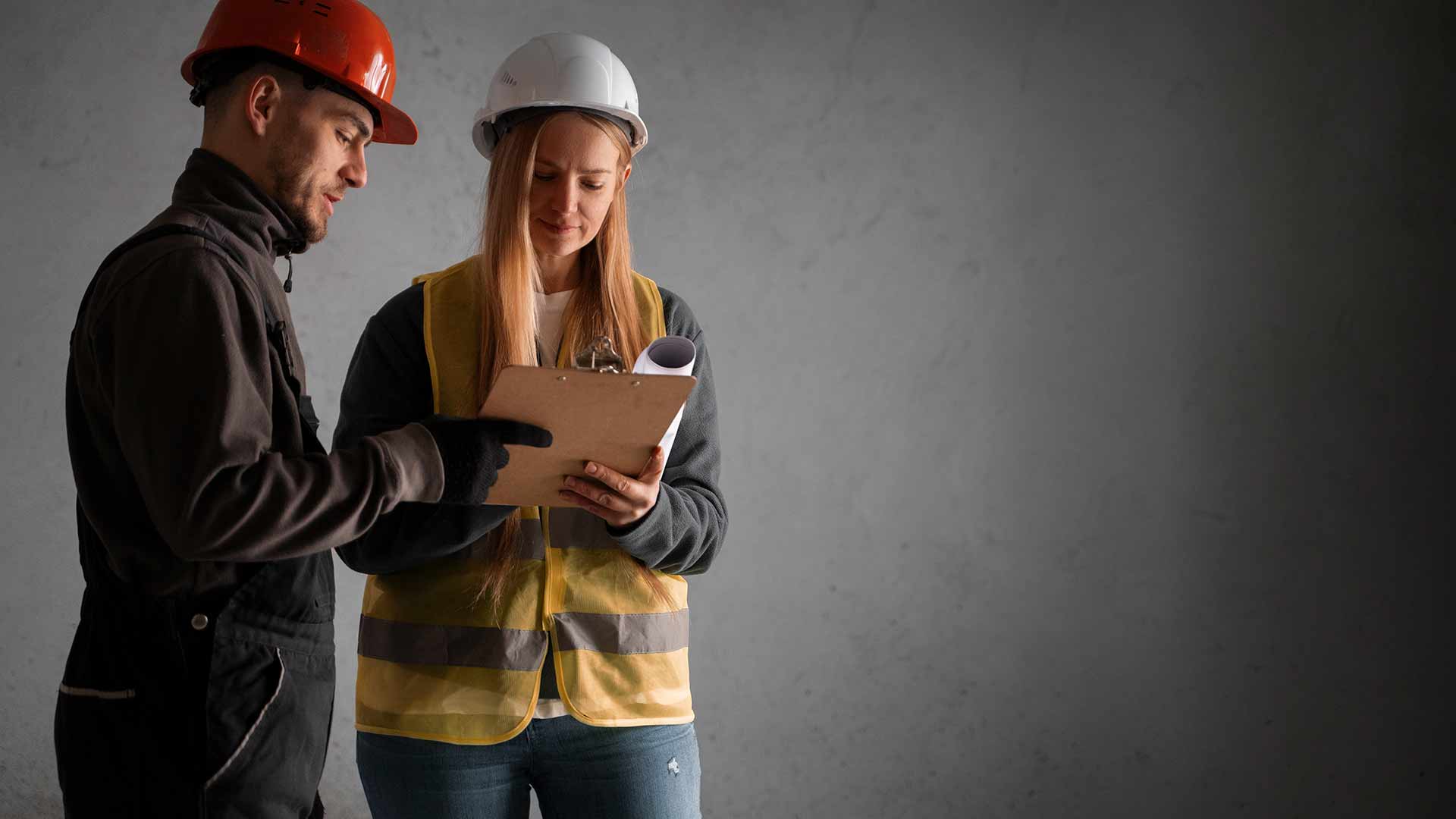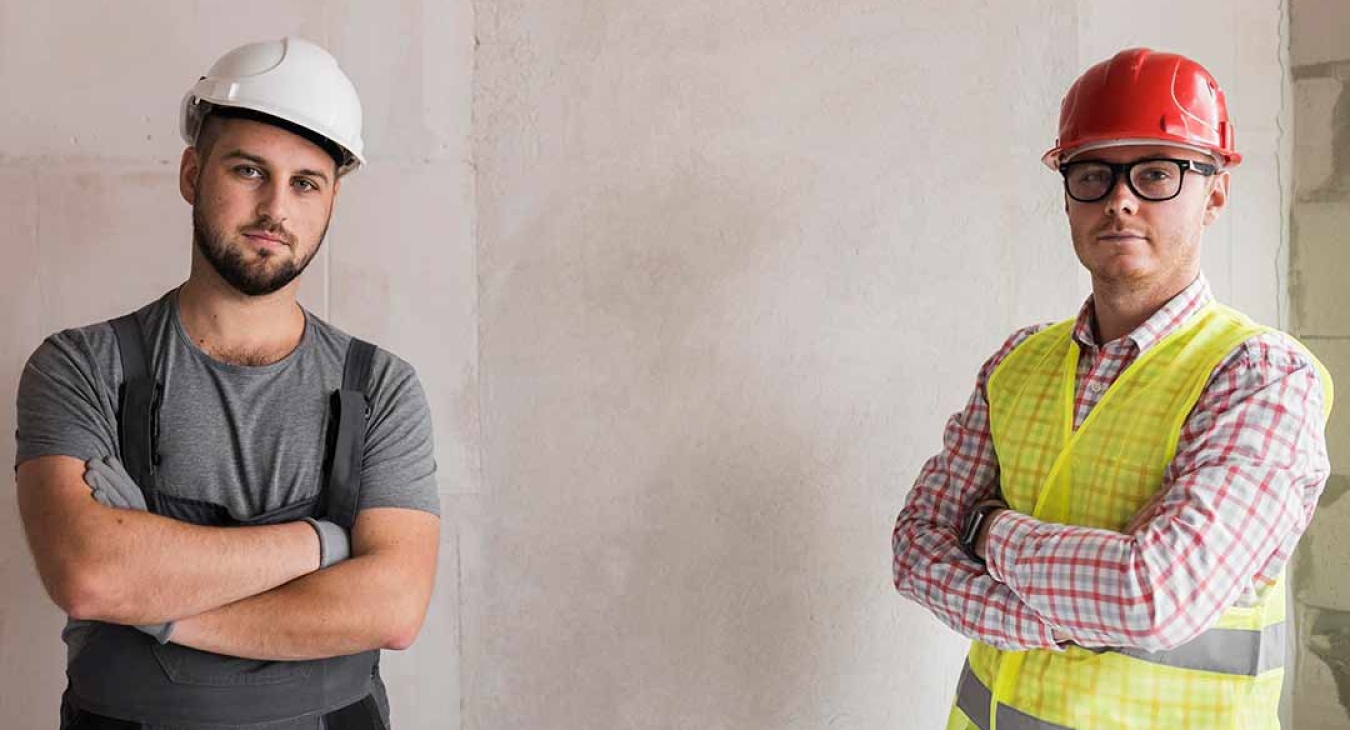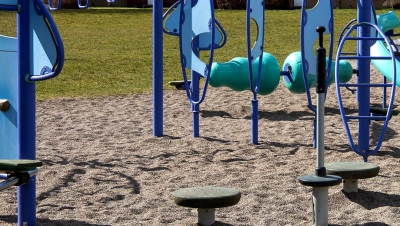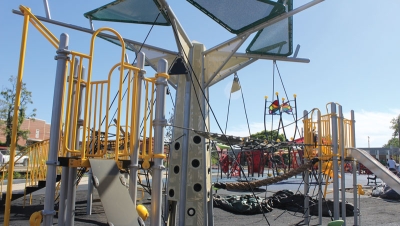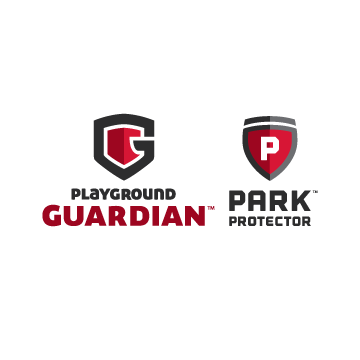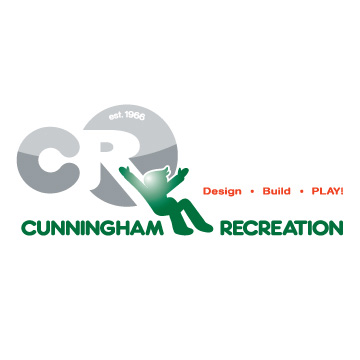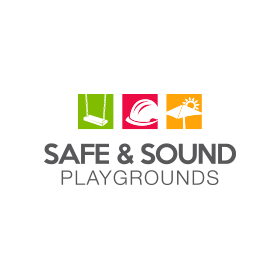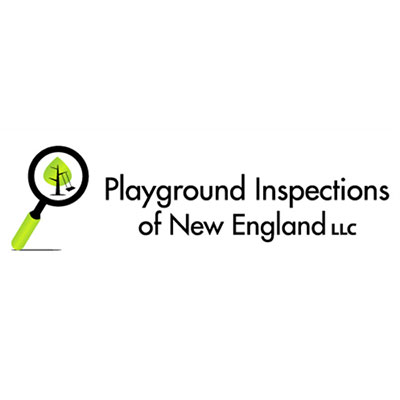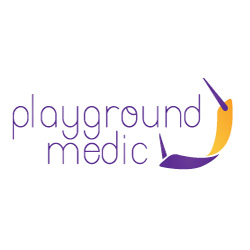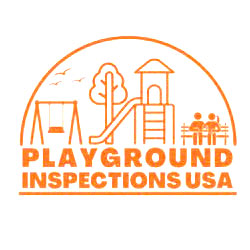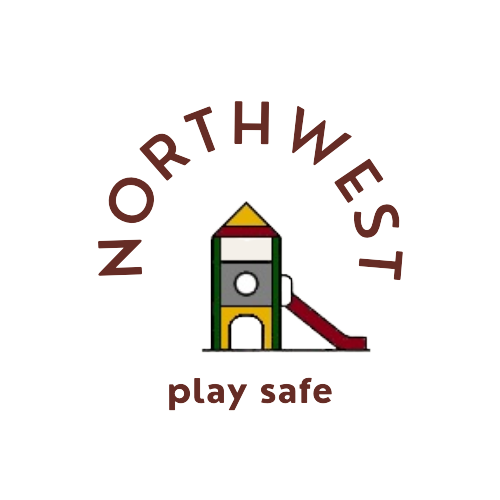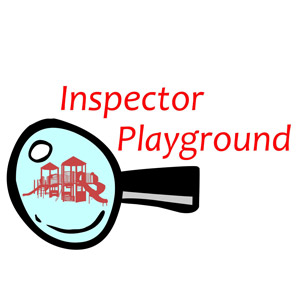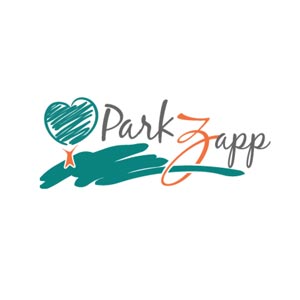When you take the National Recreation and Park Association's Certified Playground Safety Inspector course you are asked to agree to the CPSI Code of Professional Conduct. One of the directives of the code is...
The CPSI should never conduct a safety audit or inspection of a playground with the intent to discredit a manufacturer or to promote sale of other equipment or products.
This is a very important part of the code that suggests a serious discussion about “Conflict of Interest.” This is such a serious concern that many public agencies have a “Conflict of Interest Policy” and require management, supervisory employees and employees who are involved in purchasing and or specifying products and services to file a “Conflict of Interest” report on a regular basis.
All play equipment sales representatives and the foreman of each play equipment installation crew should take the Certified Playground Safety Inspector course so that they are familiar with all of the requirements, to show their professionalism and concern for the industry, and to provide a level of confidence to their clients. But should a play equipment sales representative perform a Playground Safety Audit of a competitor’s project? It is legal and it is hard to believe that any CPSI would intentionally find fault with a product just to injure the reputation of a competitor, but it can appear that way.
As an independent CPSI, I am frequently contacted by a client that tells me a sales representative recommended that they hire a private CPSI to conduct an audit of their equipment before they modify or replace their equipment. The sales representative has seen the play area and knows it is in very poor condition and needs to be replaced but does not want the client to think he is just trying to find fault so he can make a sale.
A couple of years ago, I had a large run of inspections involving the same product line. I received a call from the sales rep of a competing product line who said “I know that you work with ‘XYZ’ company, but I have a client who needs an audit of my equipment; will you do it?” The sales representative was concerned that I had preferences and may not give his product an impartial evaluation. It was starting to look like I had a relationship with one specific product line, and I knew that could affect my business. I receive a lot of referrals from most of the sales representatives in my area, so it became very clear that maintaining a reputation as an independent CPSI is an extremely important business decision, even if it is not an ethics concern.
In California, all public-use play areas must be inspected and approved by a properly trained CPSI before they can be opened for use. Many park agencies and school districts do not have a CPSI on staff or prefer not to use their staff for the initial inspection, so they require the contractor to provide CPSI inspection as part of the contract so much of my work comes from contractors. California does not use the term audit because they think the term is too closely related to financial transactions.
The California Playground Safety Regulations were modified on January 1, 2008. The original regulations stated that “The playground equipment shall be assembled and installed by or under the direct supervision of an individual who is authorized by the manufacturer to assemble and install the equipment or, prior to its first use, the playground equipment shall be inspected by a Certified Playground Safety Inspector.” The revised regulations require that a CPSI must inspect all playground equipment.
Most agencies require an independent third party CPSI but some of them do not, so it is possible that the contractor could do playground safety inspections for their own installations if the contractor is a CPSI. Anytime someone is in the position of inspecting their own work there is potential for “Conflict of Interest.” It is a much better practice to have someone else verify that your work is compliant than to inspect and approve your own work. Even the most ethical contractor can not vouch for the work of every employee and may not see potential problems that an independent inspector might.
I prefer to be hired directly by the agency rather than through the contractor because the appearance of a potential “Conflict of Interest” is just as damaging as the real thing.
If I receive my payment from the contractor, it could be perceived that the contractor paid me a little extra to make sure the project passes. If I am paid by the client, there is less concern about where my allegiance lies. I recommend that the agency put a notice in their contracts that says the project will be inspected by an independent third party CPSI provided by the agency and that the project will not be accepted until it is approved by the CPSI.
Even in-house Certified Playground Safety Inspectors have potential “Conflict of Interest.” If the person who does the inspection also does the maintenance, they may be inclined to say everything is fine to avoid having to do extra work. I once had a city ask me to re-inspect their play areas that had been previously inspected by their in house CPSI because the CPSI had said that they were all so bad that they could not be repaired and needed to be removed and replaced.
“Conflict of Interest,” perceived or real, is a serious concern that deserves consideration beyond the simple wording of the CPSI Professional Code of Ethics.

